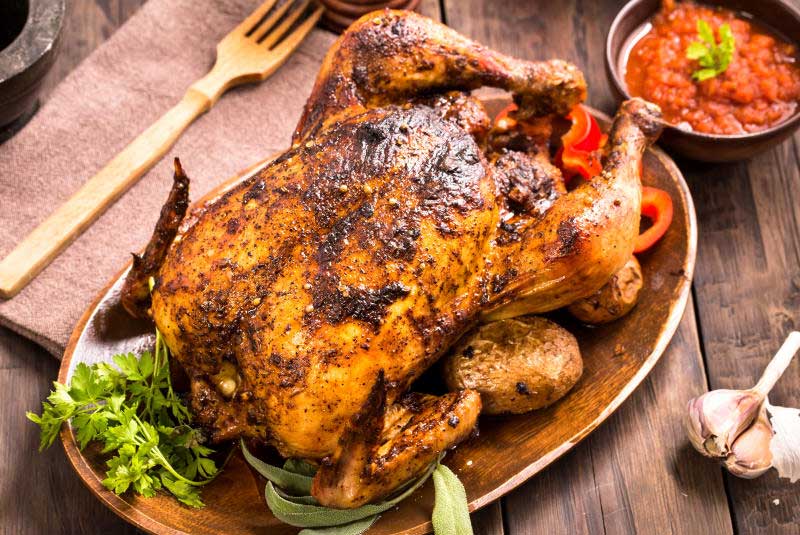×
The Standard e-Paper
Join Thousands Daily

Experts say the handling of chicken meat in Nairobi raises major health concerns. (Photo: Courtesy)
Chicken traders in Nairobi are doing brisk business with indigenous birds selling faster than broilers thanks to the Christmas spirit.